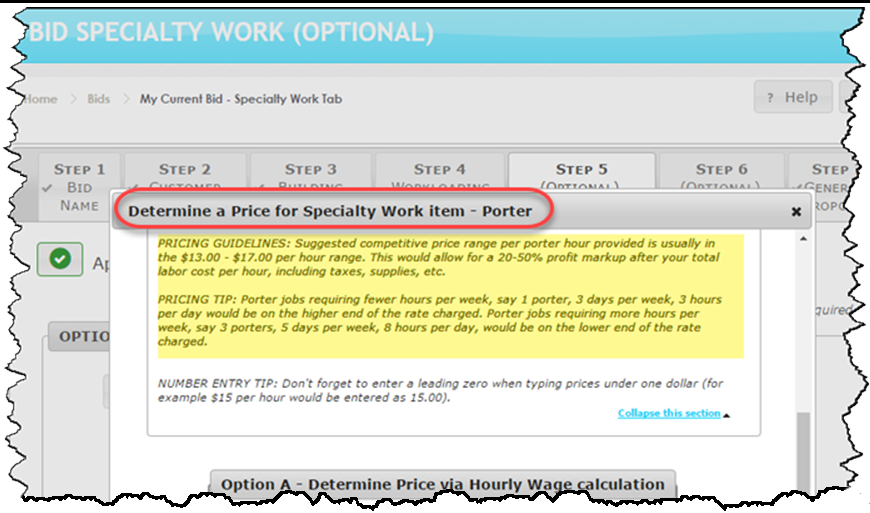Ask Drake
Grand Master Janitor, 30+ years
With the truly, humbling success of CleanlyRun (formerly CleanGuidePro), we’ve received a lot of questions (from companies all over the world) about a variety of topics in the janitorial industry. Today I’d like to share one that came from a janitorial client regarding supply considerations for event planning. Specifically, Consumable Supply Product Costs for special events.
A client asks: “For general planning purposes, how much paper product – (e.g. toilet paper, paper towels) – and soap should we budget for special events at our facility?”
People and Time: Consumable Supply product cost per event is primarily based on the number of people at an event as well as the length/time of the event. (The quality of the products is also a factor.)
General Math: A rough Consumable Supply Cost estimate would be 18 cents per person/per day at an event that lasts for 3 to 4 hours. Longer events – ranging from 4 to 8 hours – increase the cost estimate to 25 cents per person/per day. For example, a 3-4 hour-long event with 1,200 attendees (at 18 cents per person) would cost $216 in Consumable Supplies. Likewise, an 8 hour event would run $300 (i.e. 1,200 * .25 ). Bottom line, longer events equal more toilet 🚽 use…
A Rule of Thumb for Consumable Supply Cost estimates:
- 1-4 hour events: 18 cents per person (with a minimum $50.00 budget)
- 4-8hour events: 25 cents per person
Hope this helps!
Want more Janitorial pricing tips and help? If you’re looking for a proven competitive edge in Janitorial Pricing, I encourage you to try a free 30 day trial of CleanlyRun Janitorial Bidware.
Check us out at CleanlyRun.com… And then let’s grow your business!









